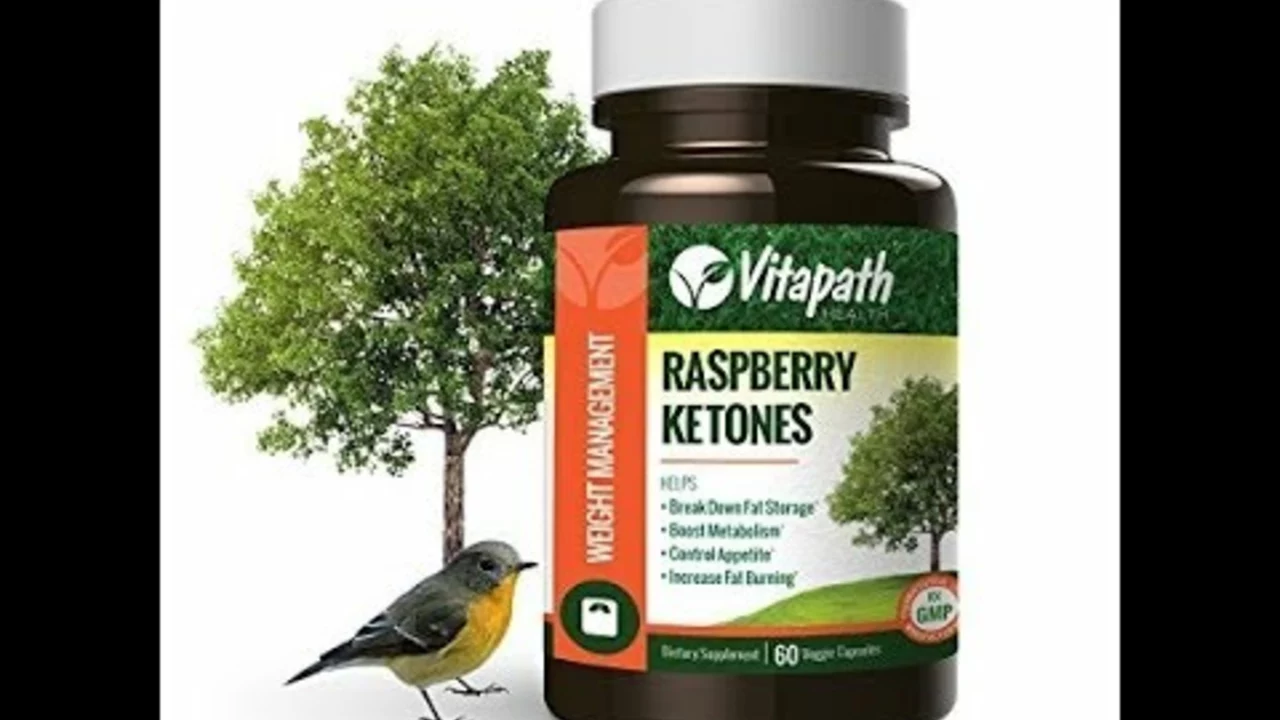Humic Acid: What It Is and Why People Use It
Humic acid is a mix of organic compounds that form when plant and animal matter breaks down in soil, peat, or coal. You’ve probably seen it sold for gardens as a soil booster and also as a dietary supplement. It’s not a single chemical but a group of large molecules called humic substances. People use it because it can hold nutrients, improve soil structure, and—when taken as a supplement—support digestion and mineral absorption according to some vendors.
Before you buy, know that research on human benefits is limited. Lab and animal studies show humic and related fulvic acids can bind metals and change gut bacteria in controlled settings. A few small human trials report reduced inflammation markers or improved gut symptoms, but results are mixed and study sizes are small. That means any health claims should be treated cautiously.
How people use humic acid
Gardeners mix humic acid into potting soil, compost, or directly into the ground to help plants take up nutrients and hold moisture. Farmers use it to improve crop yields and soil health over time. As a supplement, it’s available as liquids, powders, capsules, or combined with fulvic acid. Users typically take it for digestive support, detoxing heavy metals, or to boost overall nutrient uptake.
Safety, dosing, and buying tips
Supplements are not regulated like drugs, so product quality varies. Look for third-party testing, a clear ingredient list, and a reputable brand. Typical supplement doses in studies and product labels range widely; many liquid products recommend a few drops to a teaspoon a day. If you have kidney disease, are pregnant, breastfeeding, or take medications, talk to your healthcare provider before starting humic acid.
Side effects are usually mild but can include upset stomach, nausea, or headache. Because humic substances can bind metals, they might reduce absorption of some minerals or interfere with certain medications. Stagger humic supplements and prescription drugs by a few hours to lower interaction risk.
If you want to try humic acid as a supplement, start with a low dose and watch for any changes. Keep a short diary of symptoms and share it with your doctor at follow-up. For gardening use, follow label directions and test soil first to see what nutrients are actually needed.
Questions people ask: Does it detox heavy metals? Some lab work shows binding, but human evidence is weak. Will it help my gut? A few small trials suggest possible benefit, but it’s not a proven treatment. Can kids take it? Don’t give supplements to children without medical advice.
Bottom line: humic acid has real value in soil and an intriguing but unproven role as a supplement. Use caution, pick high-quality products, and check with a healthcare professional if you plan to use it for health reasons.
For garden use, liquid concentrates let you control rate and make application easy; for supplements, choose brands that publish heavy metal testing and consider products that combine humic with fulvic acid if your goal is better mineral absorption and gut support.
Unlock the Power of Humic Acid: The Ultimate Dietary Supplement for Your Health
In my latest blog post, I delve into the incredible benefits of Humic Acid, a dietary supplement that's been making waves in the health community. I discuss how it's derived from nutrient-rich soil and its potential impact on your overall health. To unlock its power, I highlight its role in boosting our immune system, detoxifying the body, and improving gut health. I also touch on its potential benefits to skin and hair health. It's a must-read for anyone looking to enhance their wellness journey with this hidden gem of a supplement.

